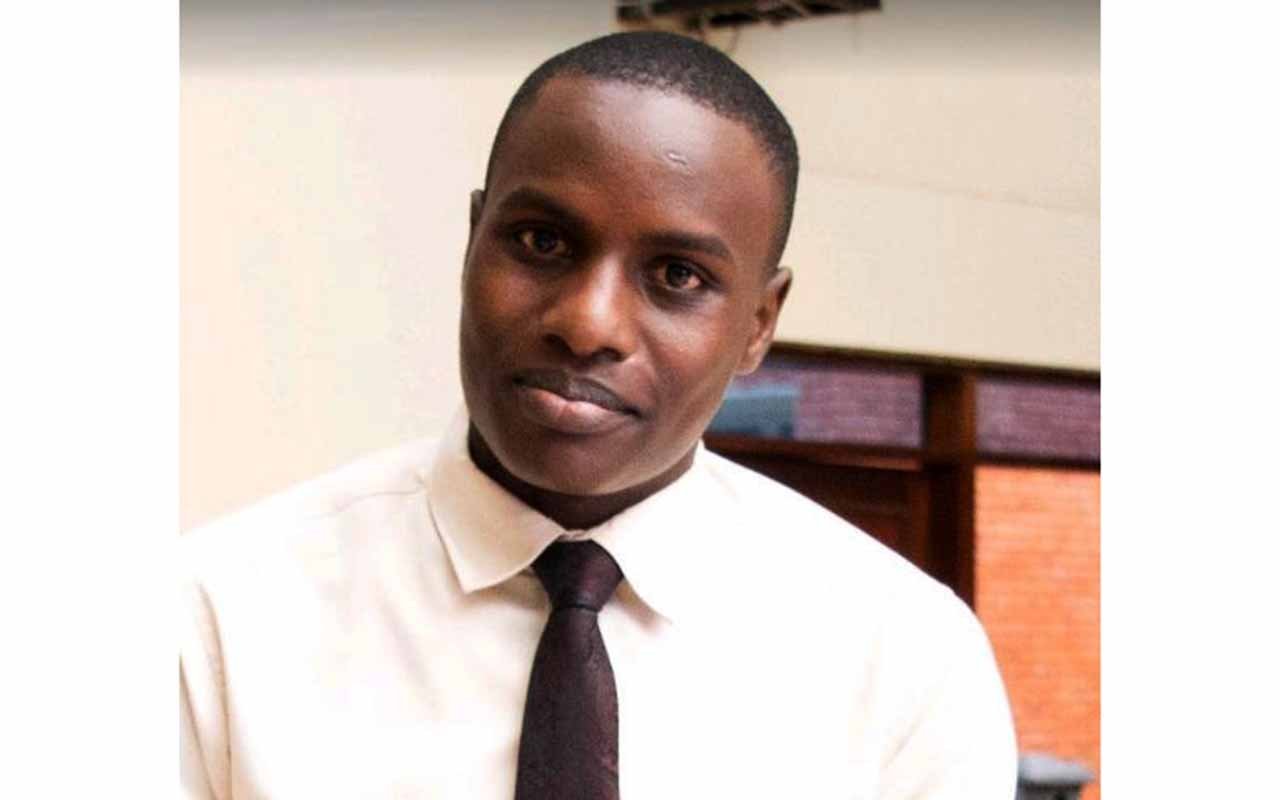
The director communications and public affairs, Parliament of Uganda Chris Obore. File photo
There is an ongoing online campaign which has expressed intentions to demonstrate and or storm Parliament on the 23rd of July or thereabout, in an apparent clamour for accountability.
As is my tradition, I will start by making it clear that it is the right of citizens to demand for accountability from duty bearers, and that peaceful demonstration is a constitutional right.
However, accountability is supposed to be structured, as has been the case, where issues are collated by Parliament and relevant state apparatus conclusively addresses them.
Africa is replete with examples of a small group of self-righteous activists arrogating themselves the duty to be society’s conscience by sowing anarchy, then thereafter leaving the very citizens they initially claimed to be fighting for, to live in desperate, destitute conditions as they lounge in global capitals with the tag of political exiles.
The regime change protagonists, having exhausted all strategies to bring down government and failed, have now impressed upon their funders a new idea: demonise and mobilise common anger against Parliament (mostly on unverified, unfounded presumptions) and castigate it before the eyes of the public as an accountability smokescreen yet the actual intention is to use that anger to catalyse a violent, anarchical change of government.
Apparently, they are drawing inspiration from Kenya, where youth, acting on the anger fomented on social media, stormed Parliament leading to unfortunate, avoidable loss of lives and the Nation reported [that] it will take at least Kshs150 million (about Shs4.3 billion) to rebuild.
That same damage will be repaired using the very tax payers money the protesters initially said they are saving from wastage. But we all know the anger against Parliament is simply a smokescreen to conceal the real intention of regime change enthusiasts riding on genuine frustration of a section of the public who rightly are asking for better services delivery, as a weapon to achieve their devious schemes. Parliament is 80 per cent reshuffled by voters in almost every election cycle, which is the ultimate display of displeasure, but it is an institution which , out of the Shs72 trillion budget, takes about 900 billion shillings, a dismal 1.2 per cent of the national budget, the whole of which is adequately accounted for.
The same Parliament processed Parish Development Model funds, Emyooga, Uganda Development Bank, Microfinance Support among others – working with government – to ensure there is adequate finances to stir the rural economy and integrate it with the money economy to pull as many out of absolute poverty and subsistence as possible.
You find instead districts and other administrative units failing to fulfill their end of the bargain, a case in point being Gulu City, which returned Shs1.6 billion unutilized, or a section of officials misappropriating the same moneys instead of actually making it work for the people.
For this, collective remedies are needed, and President Yoweri Museveni has made an unequivocal commitment to fight corruption, which efforts have not even spared a section of MPs who are currently in court. Anyone denying the progress the country has made is hallucinatory.
The efforts should be redirected to support the existing efforts in the fight against corruption, at all levels, to yield a better country for us all.
For anyone to change government there are known constitutional processes that bring about that, but years of scapegoating on Parliament yet the masked actual intention is a violent change of government should be exposed, condemned and rejected.
It is not proper to build a campaign of regime change around the institution of Parliament, or to do so around the person of Speaker Anita Among, the new bogeyman of the funded activists.
Matters public policy and a shift in paradigm must inevitably be addressed through institutions, and there is absolutely no other alternative, not even anarchy, will be a panacea to resolving challenges facing the country.
Globally, public policy issues have become ‘wicked’ and complex that they cannot be addressed through profanity and or self-righteousness but through in-depth reflection and logical interpretation. Hostility and aggression as crusaded by some activists, is a poor approach to policy influencing.
Mr Obore is the Director Communication and Public Affairs at Parliament.








